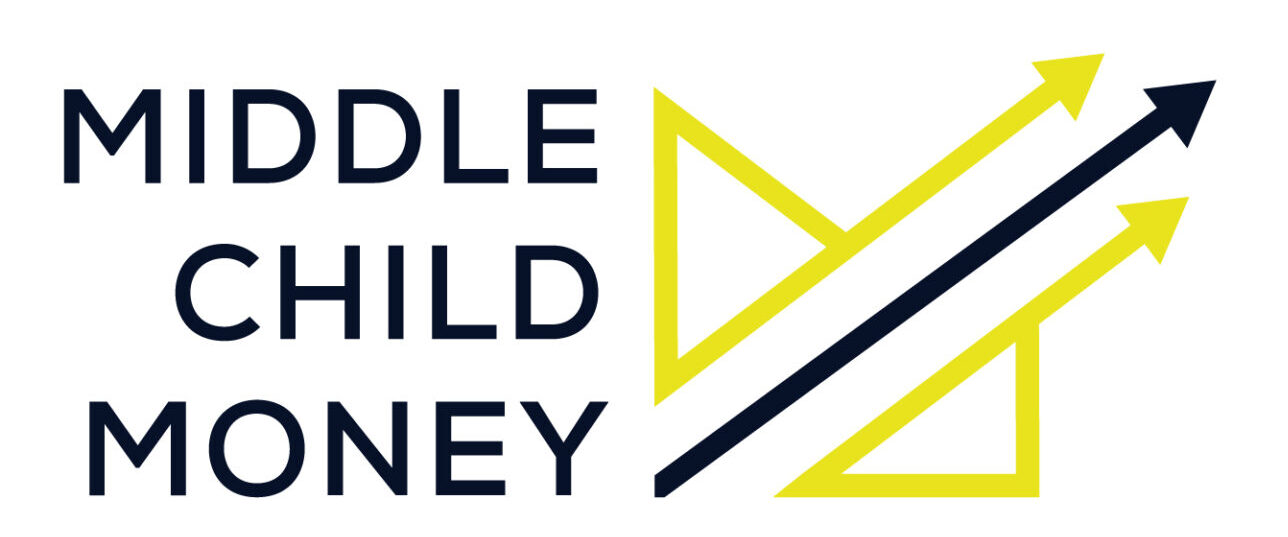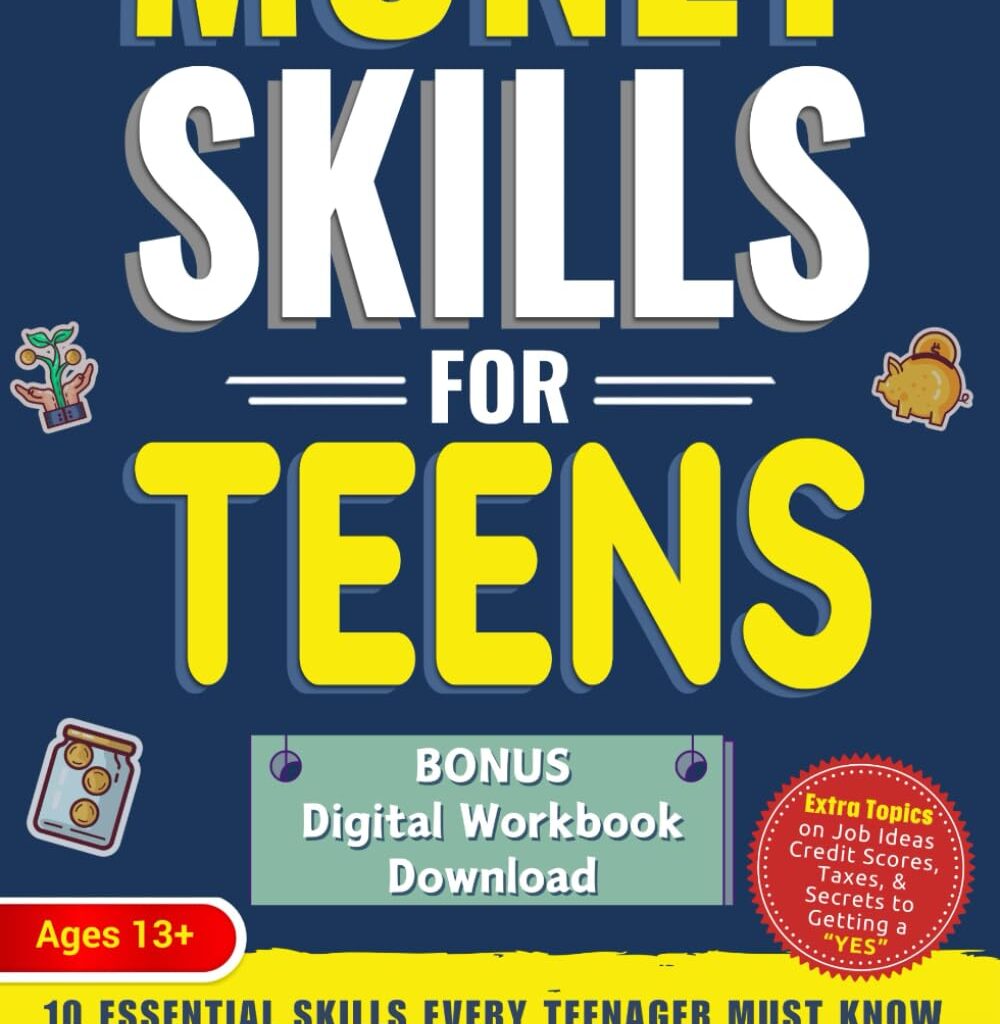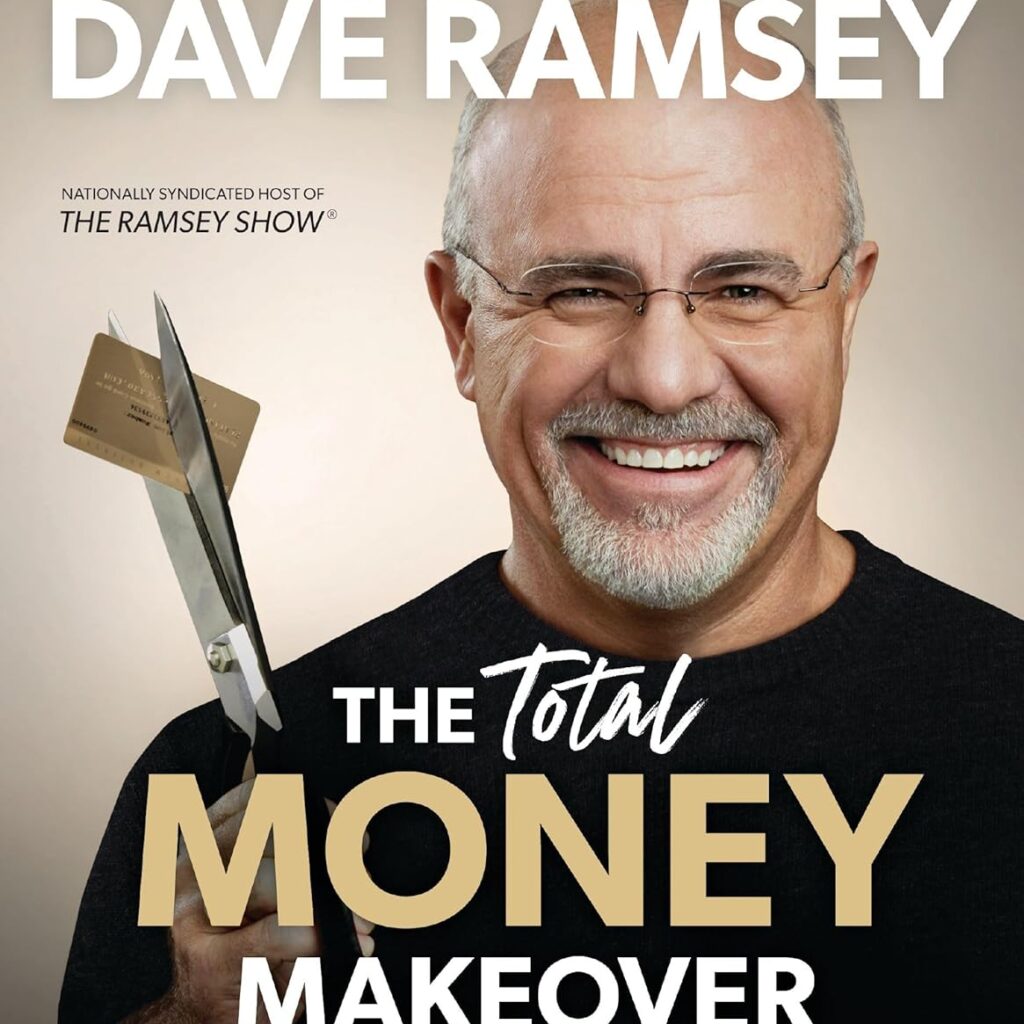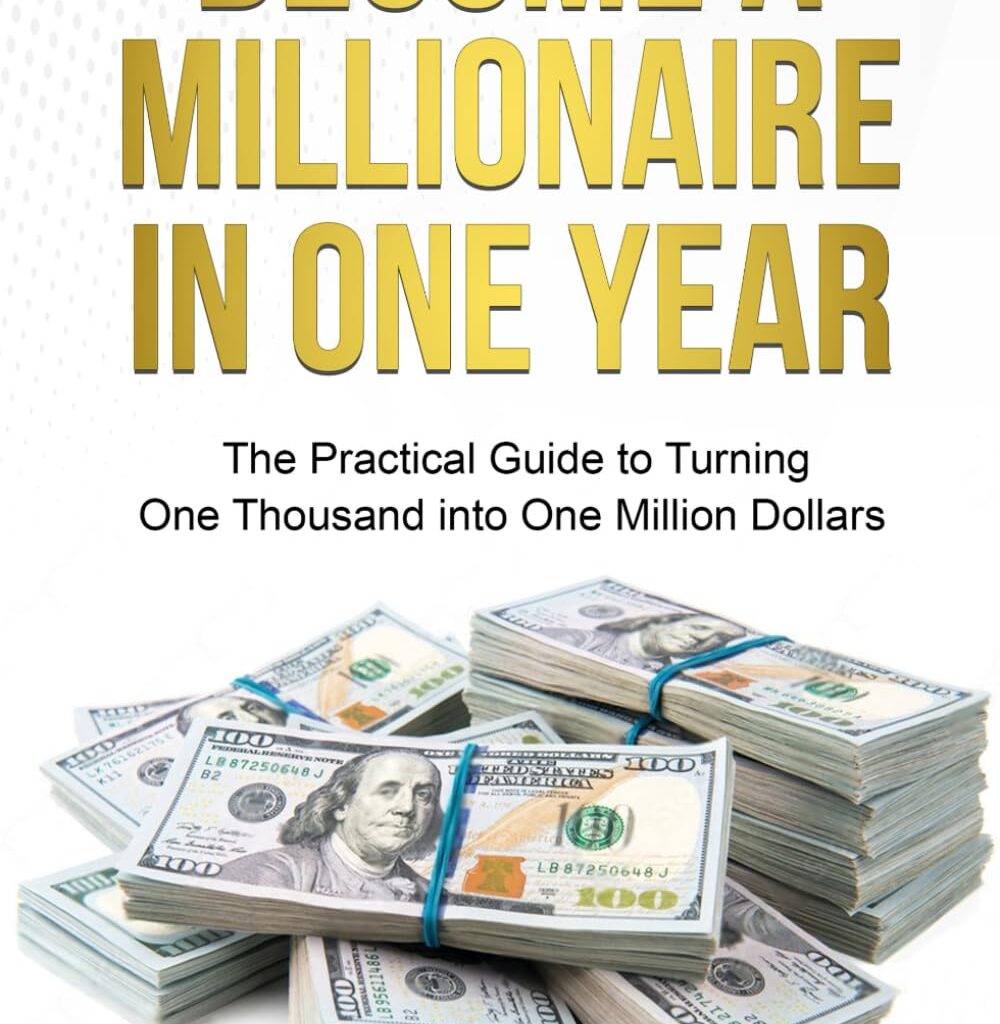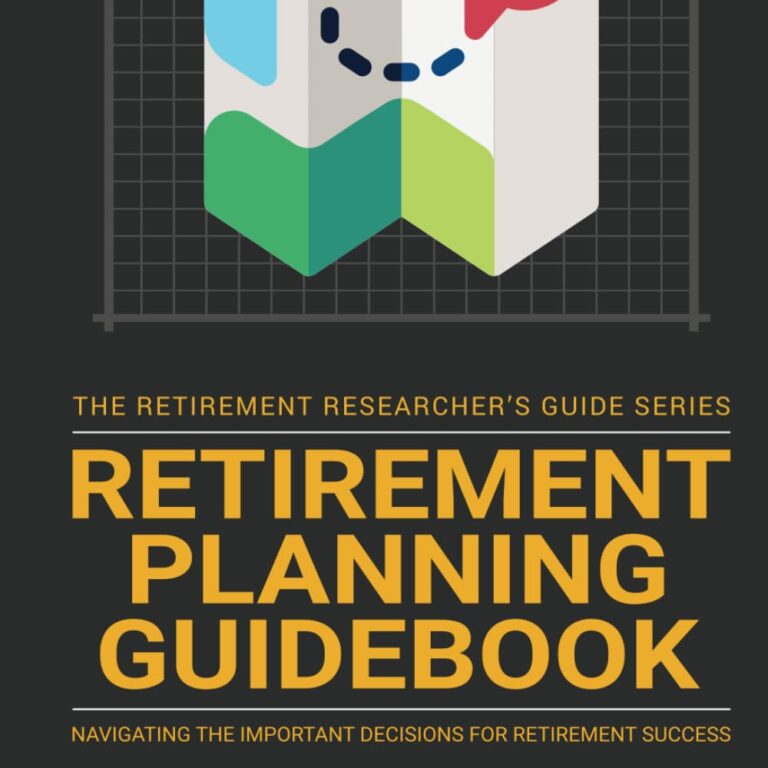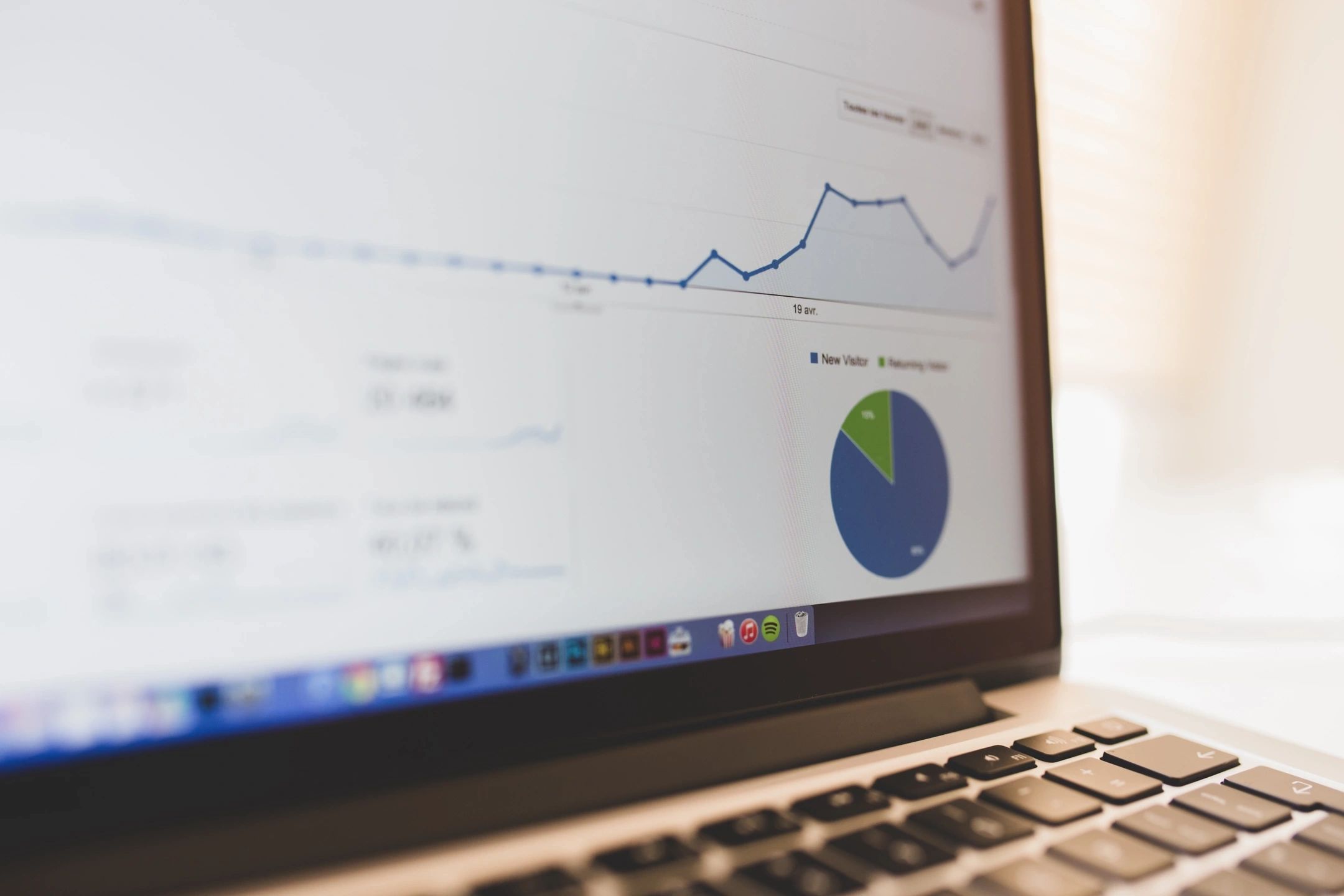Disclaimer: This article contains affiliate links, which means I may receive a small commission if you make a purchase through one of the links, at no extra cost to you. We maintain our editorial excellence by vetting all of these offers, and ensuring top quality content for our Middle Child Money Crew! This helps support the running of MiddleChildMoney.com. Thank you for your support!
Hey Middle Child Money Crew! If you have paid any attention to the news lately, you have probably heard the term inflation being discussed more frequently than before. Inflation refers to the sustained increase in prices of goods and services over time, which can be detrimental to the economy as it leads to a decrease in purchasing power of a currency (your dollar bills).
Not only does it make goods and services more expensive, but it also reduces the amount of goods and services that can be purchased with each dollar. This can have serious consequences for individuals, businesses, and even entire countries, as it can stifle economic growth and reduce the overall standard of living. Therefore, it is important for everyone to stay informed about inflation and its potential impact on their finances and the economy as a whole.
We are going to walk through causes of inflation, types of inflation, some measurements of inflation, effects of inflation, then we will get to the 10 Shocking Inflation Hacks that will make you rich… Well richer than you are now. Riches are really a matter of perspective and will be different for each person or family.
Recommended Reading
Causes of Inflation
Inflation can happen due to various factors, and it is essential to comprehend them for managing personal finances during times of escalating prices.
One of the commonly known reasons for inflation is demand-pull inflation. This occurs when consumer (your family and all other families) demand surpasses the supply of goods and services, leading to an increase in prices.
Another significant reason is cost-push inflation. It occurs when the costs of production surge, and businesses are compelled to increase their prices.
Additionally, monetary policy decisions by the government and external factors like supply chain disruptions can also contribute to inflation. If you need more information about this please read this article.
Understanding the root causes of inflation is crucial for efficiently managing one’s personal finances during times of increasing prices.
Types of Inflation
Demand-Pull Inflation happens when the overall demand for goods and services surpasses the available supply in the market. This ultimately creates a situation where the increasing demand for products puts upward pressure on prices.
Cost-Push Inflation occurs when there is an increase in the production cost of goods and services in the market. This build-up in cost results in higher prices for consumers.
Another type of inflation is Built-In Inflation, which usually sets in when workers ask for higher wages due to increased prices of goods and services.
Remember that inflation is a major economic phenomenon that ultimately diminishes the purchasing power of individuals, leaving them with less money to spend. This can have drastic effects on the cost of basic necessities such as housing, food, and fuel.
Measuring Inflation
The most common way to measure inflation is through the Consumer Price Index (CPI). This index tracks the prices of a basket of goods and services that a typical consumer purchases, such as food, housing, transportation, and healthcare. By monitoring the changes in the CPI over time, economists can calculate the overall rate of inflation.
Knowing the inflation rate is crucial for personal finance because it directly impacts purchasing power. If income doesn’t keep pace with inflation, the same amount of money buys fewer goods and services over time. This erosion of purchasing power can make it harder to afford essentials like housing, food, and transportation. Understanding inflation helps individuals adjust their budgets, negotiate wages, and make informed investment decisions to maintain their standard of living.
Inflation affects various aspects of personal finances, from daily expenses to long-term savings and investments. As prices rise, the cost of living increases, potentially straining household budgets if income doesn’t increase proportionally. This can lead to difficult choices, such as cutting back on non-essential expenses or taking on additional work to make ends meet.
Inflation can erode the value of savings and investments over time if not properly accounted for. For example, cash savings lose purchasing power due to inflation, while fixed-rate investments may not keep up with rising prices. Understanding inflation is crucial for making informed decisions about savings, investments, and retirement planning to ensure financial security in the long run.
10 Shocking Inflation Hacks that will make you Rich
Now that we understand what inflation is and how it can impact you personally, let’s talk about some practical, 10 to be specific, ways that you can ensure that you continue to make money and hedge against that inflation monster which will never go away. You might see different varieties of inflation but these will help regardless.
1. Prioritize Budgeting and Expense Tracking
Prioritizing Budgeting for Families
In the face of rising inflation, budgeting becomes crucial for families to maintain financial stability. Start by identifying essential expenses like housing, utilities, groceries, and transportation. Allocate funds for these necessities first before considering discretionary spending.
Next, track all expenses meticulously to gain insights into spending habits. Categorize expenses to pinpoint areas where costs have spiked due to inflation. This awareness allows you to make informed decisions about cutting back on non-essentials.
Involve the entire family in budgeting discussions and decisions. Encourage open communication about financial goals, both short-term and long-term. This collaborative approach fosters a sense of shared responsibility and commitment to the budget.
Importance of Expense Tracking
Expense tracking is vital in the age of inflation as it provides a clear picture of where your money is going. By recording and categorizing every expense, you can identify areas impacted by rising prices. This data-driven approach enables you to adjust your budget accordingly and prioritize spending on essentials.
Consistent expense tracking also helps you spot opportunities for cost-cutting. You may discover subscriptions or services you can eliminate, or areas where you can negotiate better rates or find cheaper alternatives. Additionally, tracking expenses can reveal patterns and habits that contribute to overspending, allowing you to make more mindful choices.
Ultimately, expense tracking empowers you to make informed financial decisions and adapt your budget to the changing economic landscape. It provides the necessary information to hedge against inflation by optimizing your spending and maximizing the value of every dollar.
2. Build an Emergency Fund
An emergency fund is a crucial financial safety net that can help you weather unexpected expenses or income disruptions. In times of high inflation, having a well-funded emergency fund becomes even more important.
When prices rise rapidly, your regular budget may not be enough to cover unforeseen costs like car repairs, medical bills, or home maintenance. Without an emergency fund, you may be forced to rely on high-interest debt or dip into long-term savings, further compounding financial stress.
By setting aside a dedicated emergency fund, typically covering 3-6 months’ worth of living expenses, you create a buffer against inflation’s impact. This fund can help you navigate temporary setbacks without derailing your overall financial plan or sacrificing essential expenses.
Hedging Against Inflation
An emergency fund not only provides a safety net but also serves as a hedge against inflation’s erosive effects on your purchasing power. As prices rise, the same amount of money buys fewer goods and services over time. By regularly contributing to your emergency fund, you’re effectively increasing its real value and preserving its ability to cover future costs.
Additionally, keeping your emergency fund in a high-yield savings account or a money market fund can help it grow at a rate that outpaces inflation. While the returns may be modest, they can help offset the impact of rising prices on your savings.
Building and maintaining an emergency fund requires discipline and commitment, but the peace of mind it provides is invaluable. It allows you to navigate financial challenges with confidence, knowing that you have a cushion to fall back on without compromising your long-term financial goals.
3. Invest in Inflation-Hedging Assets
During periods of high inflation, it’s essential to consider investing in assets that can potentially protect your purchasing power. One such asset class is commodities, which tend to rise in value as inflation increases.
Commodities like gold, silver, and other precious metals have historically been viewed as inflation hedges. As the value of currencies declines due to rising prices, the demand for these tangible assets often increases, driving up their prices.
Another option is to invest in real estate or real estate investment trusts (REITs). Property values and rents typically appreciate during inflationary periods, providing a hedge against the eroding effects of inflation on your investment portfolio.
Diversifying with Inflation-Protected Securities
In addition to commodities and real estate, you can consider investing in inflation-protected securities, such as Treasury Inflation-Protected Securities (TIPS) issued by the U.S. government. TIPS are designed to adjust their principal value based on changes in the Consumer Price Index (CPI), ensuring that your investment maintains its purchasing power over time.
Certain bond funds and exchange-traded funds (ETFs) also offer exposure to inflation-linked bonds, providing a diversified approach to hedging against inflation. These funds invest in a basket of inflation-protected securities, spreading your risk across multiple issuers and maturities.
Striking the Right Balance
While inflation-hedging assets can help protect your portfolio’s value, it’s essential to maintain a well-diversified investment strategy aligned with your overall financial goals and risk tolerance. Consult with a financial advisor to determine the appropriate allocation to these assets based on your individual circumstances.
Remember, inflation is an ongoing economic phenomenon, and its impact on your personal finances can be significant over time. By incorporating inflation-hedging assets into your investment portfolio, you can potentially mitigate the erosive effects of rising prices and preserve your purchasing power for the long term.
4. Negotiate Salary Increases
When inflation is high, the cost of living increases, and your current salary may not stretch as far as it once did. This makes it an opportune time to initiate a conversation about a salary increase with your employer. However, timing is crucial. Ideally, you should schedule the discussion during a performance review or when your contributions have been particularly valuable to the company.
Building Your Case
To make a compelling case for a salary increase, gather evidence that demonstrates your value to the organization. Document your accomplishments, positive feedback from colleagues or clients, and any additional responsibilities you’ve taken on. Quantify your contributions whenever possible, such as revenue generated, costs saved, or projects successfully completed.
Additionally, research industry standards and salary ranges for your role and experience level. This information can help you propose a fair and competitive salary adjustment that aligns with market rates and accounts for the impact of inflation on your purchasing power.
Presenting Your Request
When presenting your request, approach the conversation with professionalism and confidence. Clearly articulate your achievements and the value you bring to the company. Explain how a salary increase would not only compensate you fairly but also help retain your valuable skills and expertise.
Be prepared to negotiate respectfully if the initial offer falls short of your expectations. Highlight your commitment to the company and your willingness to take on additional responsibilities or projects that could justify a higher salary.
Remember, a salary increase during inflationary times is not only about keeping up with rising costs but also about recognizing your contributions and ensuring that your compensation remains competitive and fair.
5. Explore Side Hustles or Additional Income Streams
Middle Child Money Crew! Remember there are some great resources right here on Middle Child Money that talk about this. How about this great article about The Best 15 Side Hustles in 2024? There was also this blog about Starting a Blog and Making money.
We also wrote about 10 Easy Ways to Make Extra Money while still working full-time. Check that out.
6. Refinance or Consolidate Debt
Remember there are always great times to consult with a certified financial advisor or tax accountant. Middle Child Money does not provide you with investment or debt advice, but we are sharing great tips for education that we have seen be beneficial. It may or may not be what you need. Everyone’s financial journey is unique.
During inflationary periods, refinancing or consolidating debt can be a strategic move to manage your finances more effectively. By taking advantage of lower interest rates or more favorable terms, you can potentially reduce the overall cost of your debt and make it more manageable.
One option is to refinance your mortgage through a cash-out refinance. This allows you to tap into your home’s equity and use the funds to pay off high-interest debts like credit cards or personal loans. By consolidating these debts into your mortgage, you can benefit from the typically lower interest rates associated with home loans, potentially saving you a significant amount in interest charges over time. However, it’s crucial to consider the closing costs and ensure you have sufficient equity in your home to qualify.
Alternative Debt Consolidation Strategies
If refinancing your mortgage is not feasible or desirable, you can explore other debt consolidation options. Personal loans or balance transfer credit cards can help consolidate multiple debts into a single payment with a potentially lower interest rate. Nonprofit credit counseling agencies can also assist in negotiating with creditors for more favorable repayment terms or setting up a debt management plan.
Another strategy is to prioritize paying off variable-rate debts first, as these are more susceptible to interest rate hikes during inflationary periods. Implementing the debt avalanche method, where you focus on eliminating high-interest debts first, can help minimize the impact of rising rates on your overall debt burden.
Regardless of the approach you choose, it’s essential to carefully evaluate your financial situation, consider the long-term implications, and seek professional advice if needed. Effective debt management during inflationary times can help you maintain financial stability and work towards becoming debt-free.
7. Adjust Spending Habits
One effective strategy to combat the impact of high inflation is to reevaluate your budget and prioritize essential expenses. Begin by identifying necessities like housing, utilities, groceries, and healthcare, and allocate a significant portion of your income towards these items. Cut back on discretionary spending, such as dining out, entertainment, or non-essential subscriptions, to free up funds for the rising costs of essentials.
Another approach is to become a savvier shopper by comparing prices across different stores, utilizing coupons and discounts, and opting for generic or store-brand products when possible. Consider buying in bulk for frequently used items to take advantage of potential cost savings. Additionally, explore alternatives or substitutions for products or services that have become unaffordable due to inflation, as flexibility in your choices can help maintain your desired standard of living without straining your budget.
8. Explore Cost-Saving Opportunities
During high inflation, exploring cost-saving opportunities becomes crucial. Start by reviewing recurring expenses like subscriptions and memberships. Cancel or downgrade services you rarely use to free up funds.Next, negotiate rates with service providers like cable, internet, and insurance companies. Many are willing to offer discounts to retain customers. Don’t be afraid to shop around for better deals.Reduce transportation costs by carpooling, using public transit, or walking/biking when possible. Consolidate errands to minimize fuel consumption and vehicle wear-and-tear.
Utility bills can strain budgets during inflation. Implement energy-saving measures like adjusting thermostat settings and unplugging idle electronics. Consider switching to energy-efficient appliances and light bulbs.Grocery costs can escalate rapidly with rising food prices. Plan meals, buy in bulk, and stock up on non-perishables when on sale. Grow your own produce or join a community garden.Seek out free or low-cost entertainment options like parks, libraries, and community events. Swap services with friends or neighbors for tasks like childcare or home repairs.
9. Delay Major Purchases or Investments
Everyone’s financial journey is different and has variables to consider that the next person does not. One hack to look at during inflation time periods that will make you money is delaying major purchases. One trick that we use is a savings/investment account dedicated for big purchases like a new car, or that next family vacation. Our family puts in a dedicated amount automatically each money but then we invest it in something safe, like a money market fund. This way our savings are growing at rates better than the normal savings account bank rates.
Sometimes delaying buying a new car (or insert what your major purchase might be) is going to be the best thing for you. You have to determine based on your financial position, and where you are in your financial journey if a major purchase during a time when you money is not going as far will be good for your family.
10. Seek Professional Financial Advice
The Middle Child Money Crew are huge fans of asking for help. This simple act of humility can save you and your family a ton of money. Experts send their lives studying things like investments, taxes, etc. You have your own life and worries. This is where brining in the expertise of a profession financial advisor is huge.
Middle Child Money wrote on this exact topic. Check it out by clicking here.
Conclusion
Inflation can strain personal finances, but implementing strategic hacks can mitigate its impact. Start by prioritizing an emergency fund to weather unexpected expenses.
Explore inflation-hedging investments like commodities, real estate, and inflation-protected securities. Diversifying your portfolio can safeguard your purchasing power over time.
Negotiate for higher wages or explore side hustles to boost income. Consolidating debts at lower interest rates can provide relief.
Ultimately, staying vigilant, adjusting spending habits, and seeking cost-saving opportunities are key. Embrace these inflation hacks to protect your hard-earned money.
Take Control of Your Finances
Inflation doesn’t have to derail your financial goals. By adopting a proactive mindset, you can take control of your personal finances.
Review your budget regularly, cut non-essential expenses, and explore money-saving alternatives. Embrace a frugal lifestyle without sacrificing quality of life.
Seek professional guidance if needed, but trust your ability to navigate challenges. With discipline and determination, you can thrive despite inflationary pressures.
Empower Yourself with Knowledge
Knowledge is power when it comes to personal finance. Stay informed about economic trends, interest rates, and investment opportunities.
Educate yourself on financial concepts and strategies through books, podcasts, and online resources. Attend workshops or seminars to expand your understanding.
Share your newfound knowledge with loved ones, empowering them to make informed decisions. Together, you can build a strong financial foundation.
Disclaimer: This article contains affiliate links, which means we may receive a small commission if you make a purchase through one of the links, at
Introducing Middle Child Money: Your Go-To Guide for Personal Finance
Welcome to Middle Child Money, the newest hub for all things personal finance! Whether you’re striving to make more money, seeking insights into family finances, navigating the world of credit cards and debt, or aiming to invest wisely, we’ve got you covered. We understand that managing money can sometimes feel overwhelming, and that’s why we’re here to simplify the process and empower you to take control of your financial future.
Disclaimer: This article contains affiliate links, which means I may receive a small commission if you make a purchase through one of the links, at
Disclaimer
The content provided on Middle Child Money is for informational and entertainment purposes only. We are not licensed financial advisors, and the information shared on this blog should not be considered professional financial advice. We encourage all readers to consult with a licensed financial professional to discuss their individual financial situations and needs. The opinions expressed on this blog are solely those of the author, Nate Bradley, and do not reflect the views of any affiliated organizations. Middle Child Money cannot be held liable for any actions taken based on the information provided on this site.
